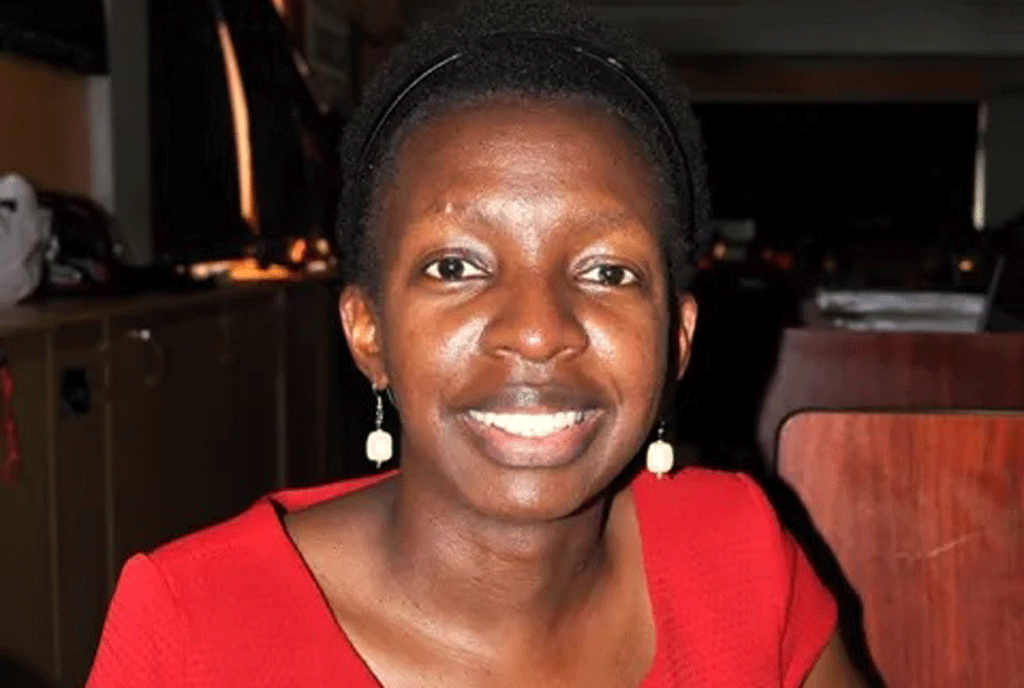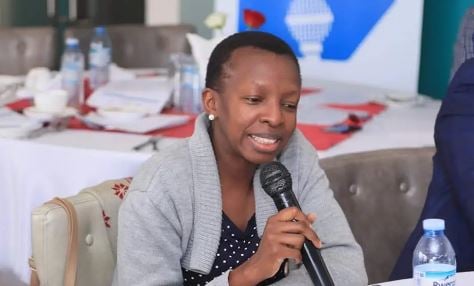Prime
Monitor at 30: I learnt from the best editors, says Carol Beyanga

The head of Nation Media Group-Uganda’s Mentorship and Partnerships Desk, Ms Carol Beyanga. PHOTO/FILE
What you need to know:
- The digital era came with the pressure of breaking stories and the wrath of the public when we made errors, pressures we had to learn to manage.
Some months after I had joined Monitor Publications Ltd, publisher of Daily Monitor, I was placed on the Features desk as a sub-editor. I was happy because I did love features, but I was worried because
I had been warned that my supervisor, Ms Loy Nabeta, was very good at the job.
Monitor at 30:It will die with Uganda’s deepest secrets
One morning she gave me a story to edit. “This piece is about 5,000 words long. I need you to edit it well and submit something that is not more than 3,000 words,” she instructed.
After reading the first 500 words, I knew it was going to be a tough job. The story was about the horrible massacre at Barlonyo in 2004. The writer had done a good job getting the information, but piecing it into a story was not his strong suit.
Monitor at 30: Three decades of blood, sweat and tears
I decided to do three things. First, I just read through the entire piece to get an understanding of what it was about. Next, I started to work on the hardest bit, which took the longest time, making it a story.
I put paragraphs in the right places, connecting dots, made it flow chronologically, removed repetitions and gave the phrases life. The third thing was to go back and edit for grammar, punctuation and spellings.
By then, it was dark outside. The day had gone swiftly by. I read it once more, shut down and left for home. The next day I gave it one more look and handed it in. It run a couple of days later.
During the meeting to review the paper, when we got to the page where it was published, I held my breath waiting for comments. I remember specifically Mr David Ouma Balikowa and the late Ogen Kevin Aliro, both co-founders, praising it.
Loy then let them know what the reporter had sent was tough work, but that I had turned it around into the good piece they were looking at. The praise was then directed at me. I breathed a sigh of relief and knew that the features desk was going to be home.
Monitor at 30:Times change but the Monitor’s values don’t
There have been many memorable moments during my 19-year stay here (gosh yes, 19!); the redesigns we have had over the years; the many nights we have left after midnight; the beautiful products we birthed on the features desk, including Full Woman, Sqoop and Seeds of Gold; great features writers like Robert Kalumba (yes, that Robert of Kampala Capital City Authority), John K. Abimanyi, a writer who researched greatly and it showed; Christine Wanjiru who could play with words like magic; Jackson Biko (yes, the famous Jackson Biko); and, Eunice Rukundo whose stories were a joy to edit.
Managing the daily paper when I was given the privilege and responsibility was another kettle of fish! The problems I had to deal with, included getting calls from angry ministers, and getting my team to agree on the headline of the day. That was one of the times I learnt many tough, but good lessons.
The switch from editing for print to editing digital content, when I became Managing Editor, Digital, years later was another memorable moment. There was a lot to learn! Thankfully the teams were kind and taught me what I needed to know.
Reviving the Sqoop website and giving it a funkier look, launching the My Wedding online magazine and redesigning The Monitor website were so much fun. Digital, however, came with the pressure of breaking stories and the wrath of the public when we made errors, pressures we had to learn to manage.
I now head Nation Media Group-Uganda’s Mentorship and Partnerships Desk, but I still edit stories regularly. I believe the Daily Monitor, through the hands of many of its editors, especially Aliro, Loy Nabeta, Wayua Muli, Lilliane Barenzi and Daniel Kalinaki, taught me the essence of editing and why it is such an important job. It is why I tell people, “I can edit in my sleep.”





